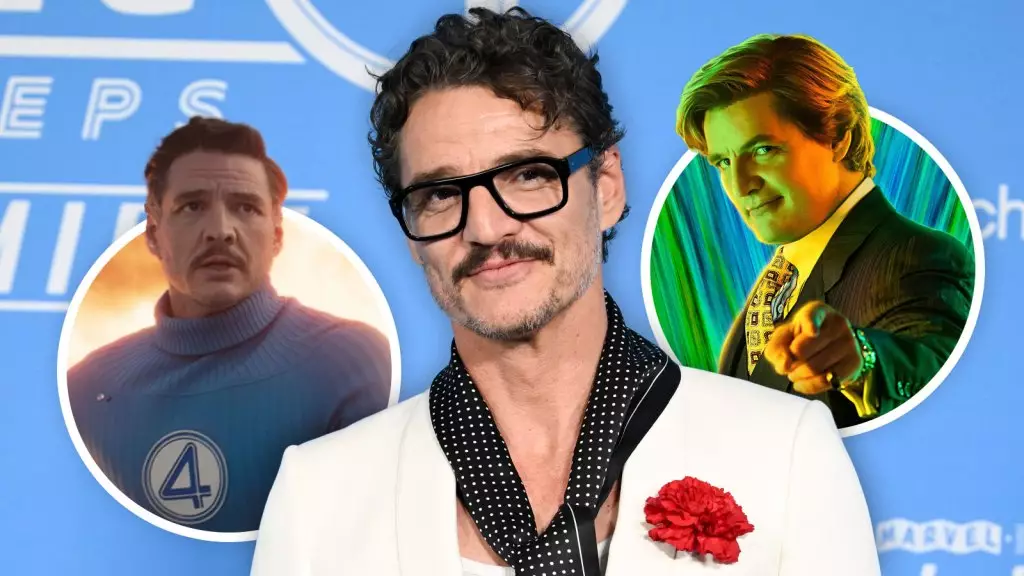Pedro Pascal’s candid reflection on his appearance during the filming of *Wonder Woman 1984* exemplifies a powerful stance against superficial standards in Hollywood. His admission that he was “appalled” by his looks underscores a broader cultural issue: actors often feel pressured to conform to unrealistic beauty ideals, especially in genre films that demand physical perfection. Pascal’s refusal to straighten or shave his facial hair reveals his commitment to authenticity, asserting that personal comfort and identity should take precedence over industry expectations. It’s a bold reminder for both creators and audiences that true connection to a character begins from a genuine place, not a fabricated facade.
His reluctance to alter his appearance also invites viewers to reconsider what makes an actor believable and compelling. When Pascal dismisses the idea of a “clean-shaven” version of himself, he challenges the often narrow standards of male attractiveness prevalent in Hollywood. This act of defiance encourages a broader conversation about embracing natural features and rejecting the toxic pursuit of perfection that can undermine individual identity.
Resilience in the Face of Criticism and Industry Skepticism
Pascal’s commentary on the backlash he received regarding his casting as Reed Richards in *The Fantastic Four* further underscores his resilience and willingness to challenge industry norms. Critics’ claims that he was “too old” or “not the right fit” reflect a superficial critique rooted in ageism and preconceived notions of physicality for superhero roles. Pascal’s response—acknowledging the criticisms but refusing to let them diminish his confidence—embodies a more inclusive and forward-thinking talent ethos. His openness about the initial backlash demonstrates that even established actors face hurdles based on appearance and age, often unjustly.
Furthermore, Pascal’s teasing about Reed Richards’ elastic powers highlights his understanding that authenticity in superhero portrayals extends beyond the physical to the intellectual and creative core of the character. His analogy with an octopus suggests an attempt to delve deeper into the character’s nature, focusing on mental agility rather than just visual appeal. This approach signals a broader shift: modern superhero portrayals should honor complexity and individuality, not just traditional masculinity or youth.
Redefining Heroism by Staying True to Self
Pedro Pascal’s journey—from defying Hollywood’s beauty standards to facing industry skepticism—illustrates a transformative path toward redefining heroism itself. His willingness to present himself authentically, both in appearance and attitude, aligns with a more nuanced view of what it means to be a hero. It’s not about conforming to societal expectations but about embracing one’s unique qualities and strengths.
As Pascal prepares for his roles in *The Fantastic Four* and beyond, his stance signifies a broader cultural shift: audiences and creators alike are increasingly valuing authenticity over superficial perfection. His experiences serve as a reminder that true heroism involves resilience, self-acceptance, and the courage to challenge conventions—traits that resonate far beyond the comic book universe and into everyday life.
